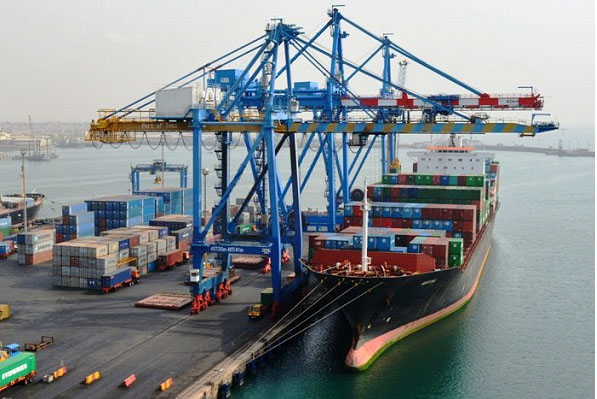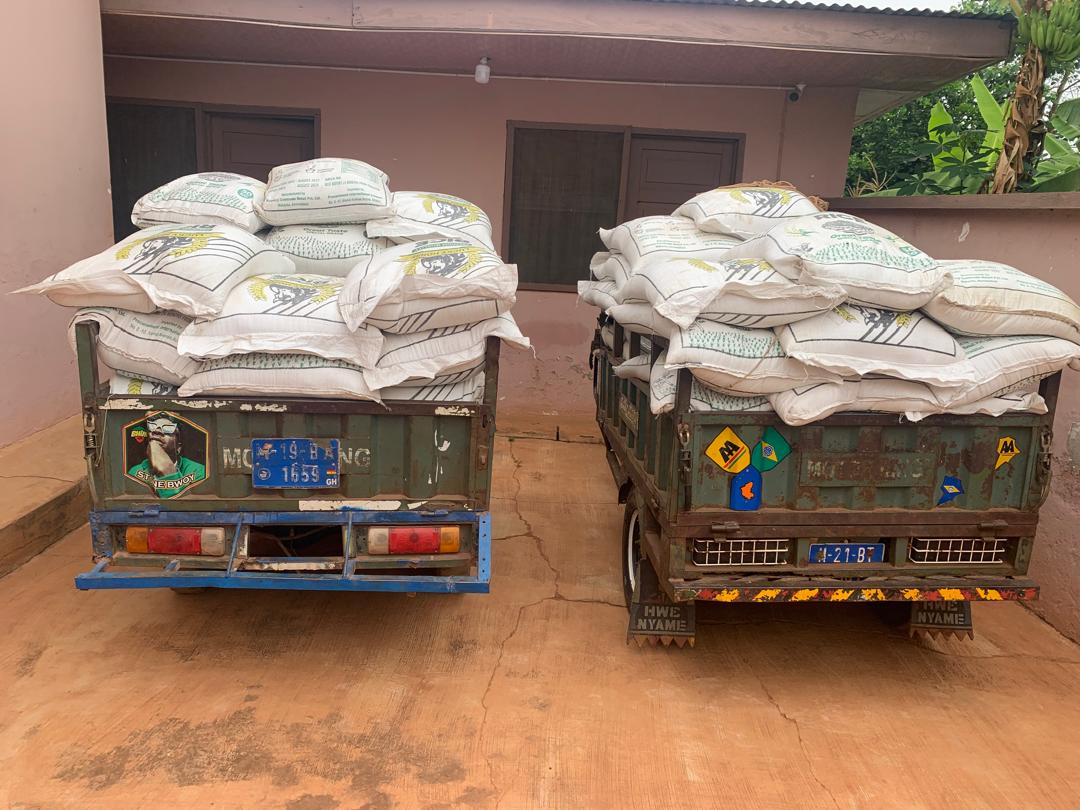
To survive the ravaging impact of the coronavirus pandemic on the export and import business, the Ghana Shippers Authority (GSA) has urged the shipping community to consider business continuity strategies like mergers, partnerships among others in order to stay in business.
Ghana’s cargo throughout is said to have dropped by 1.32 million tonnes from 27.70 million tonnes to 26.38 million, in concomitance to the global dip of 3.6 percent since 2020.
Following this development, “Some businesses have folded-up and many production lines are operating at idle capacity, causing a rise in the general prices of goods and services. Consequently, the working capital of importers and exporters is eroding,” according to Chief Executive of GSA, Ms. Benonita Bismarck.
It is in view of these direct consequences from the impact of COVID-19 on the shipping business that the GSA boss asked the shippers to “consider the option of alliances through partnerships, mergers and joint ventures among others, to keep their businesses afloat in this worrying time”.
The GSA, meanwhile, has resolved to continue protecting and promoting the interests of shippers by dissemination of timely and relevant information and educational activities to help shippers make well-informed decisions.
Addressing shippers in Kumasi, at the back of a forum organised to deepen the understanding of shippers on international trade rules, dubbed the ‘Intercoms 2020 Forum’, Ms. Bismarck entreated exporters and importers to update themselves on international practices to stay competitive.
Since the conception of Intercoms in 1921, with the first set developed in 1936, there have been various revisions to reflect the changing trends in international trade. Against this background, it has become imperative that international trade practitioners update themselves with the current trends.
This, it is believed, will help shippers stay competitive in the international trading arena; resolve disputes amicably; and deliver on their contractual obligations.
“Choosing a commercial term in an agreement for the international sale and delivery of goods can have a significant adverse impact on the business of a shipper who does not appreciate its ramifications,” she stated.
This phenomenon leads to parties’ inability to fully discharge their obligations, thereby making some shippers uncompetitive in the market.
“The overarching developments of statutes, conventions and publications for the regulation of trade speak eloquently of the important role international trade plays in the world economy. It is therefore of great essence for the shippers to appraise themselves not only of Intercoms 2020, but also other trade laws, practices and agreements which regulate sales and carriage of goods by the multimodal transport and logistics network.”
Ms. Bismarck noted that this will facilitate businesses of importers and exporters, promote and increase Ghana’s international trade, and improve the country’s foreign exchange earnings while increasing the country’s chances of achieving the ‘Ghana beyond aid’ agenda.
The Ashanti Regional Branch Manager of GSA, Mr. Isaac Tersiah Ackwerh, observed that the growing trading activities in the region, and the development of a dry-port, demonstrate its position in the import and export trade.
The Ashanti, Bono, Bono East and Ahafo Regions, he disclosed, hold very large numbers of importers and exporters, and lead in the non-traditional export commodities.
However, he noted that most of the shippers are small and fragmented over wide geographical areas – lacking bargaining power and in-depth understanding of contract details.
“Again, the majority of exports from the northern sector are agrarian from the hinterland, requiring long-haul road transportation to the country’s seaports for onward shipment abroad,” he stated.
He therefore said the GSA is committed to promoting and protecting the interests of shippers in other parts of the country’s northern sector.
It is in line with the GSA’s commitment to the shipper education that the Intercoms 2020 forum is being organised to equip shippers to appreciate the implications of trade terms which form part of their international contracts for the sale and delivery of goods.
The post GSA says shippers must form alliances to stay afloat appeared first on The Business & Financial Times.
Read Full Story




















Facebook
Twitter
Pinterest
Instagram
Google+
YouTube
LinkedIn
RSS